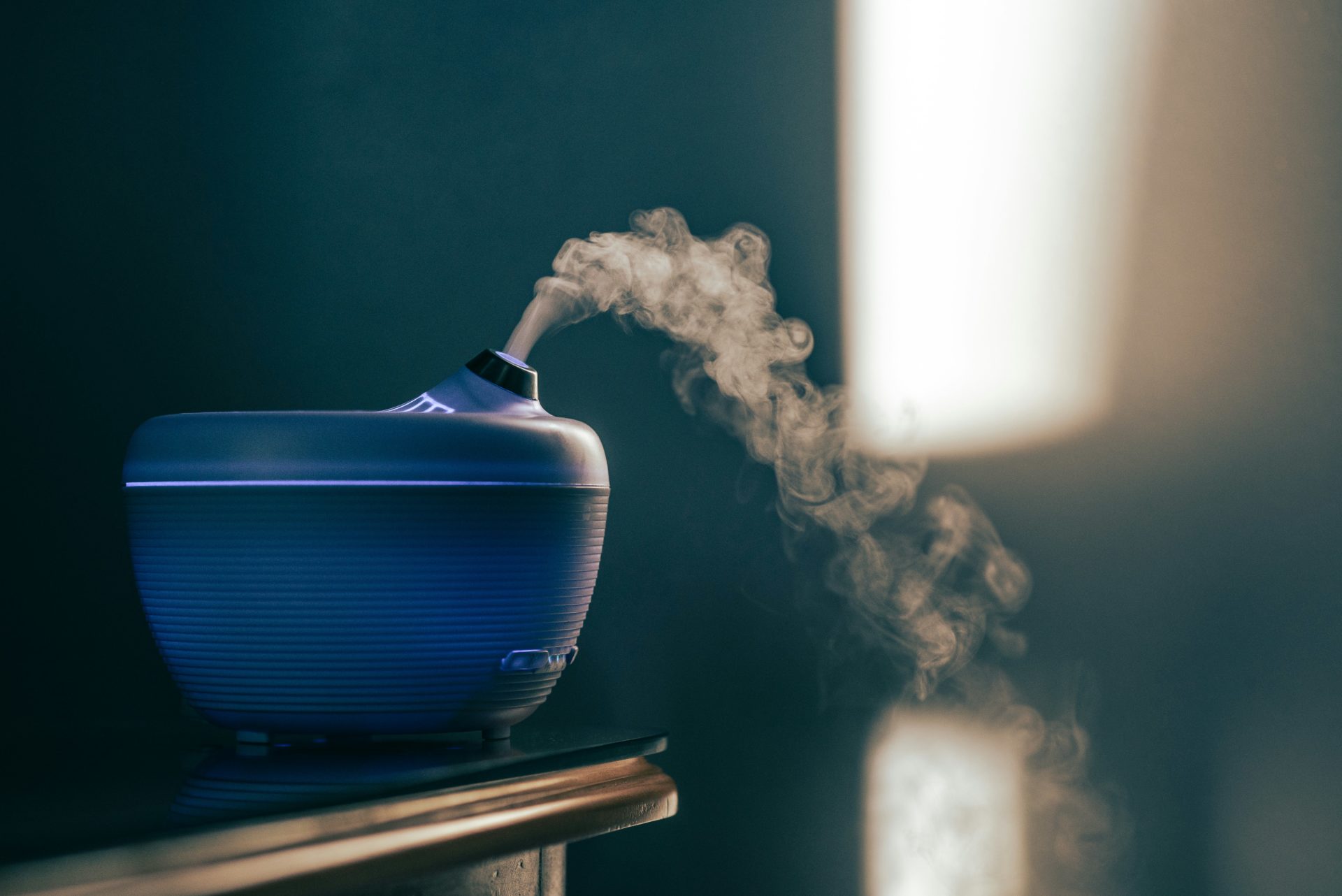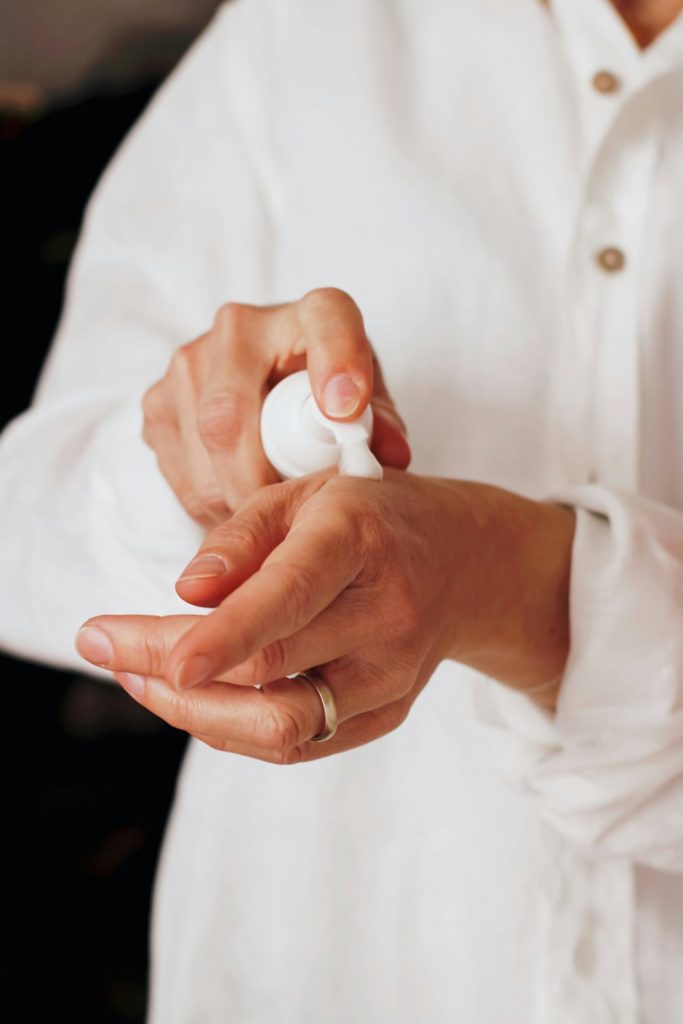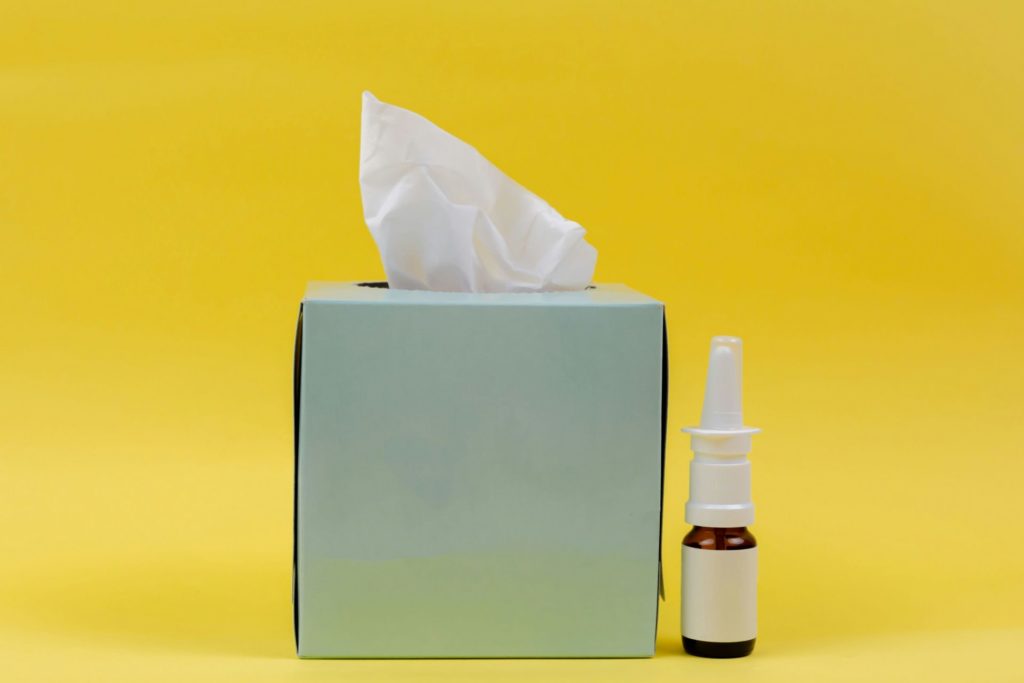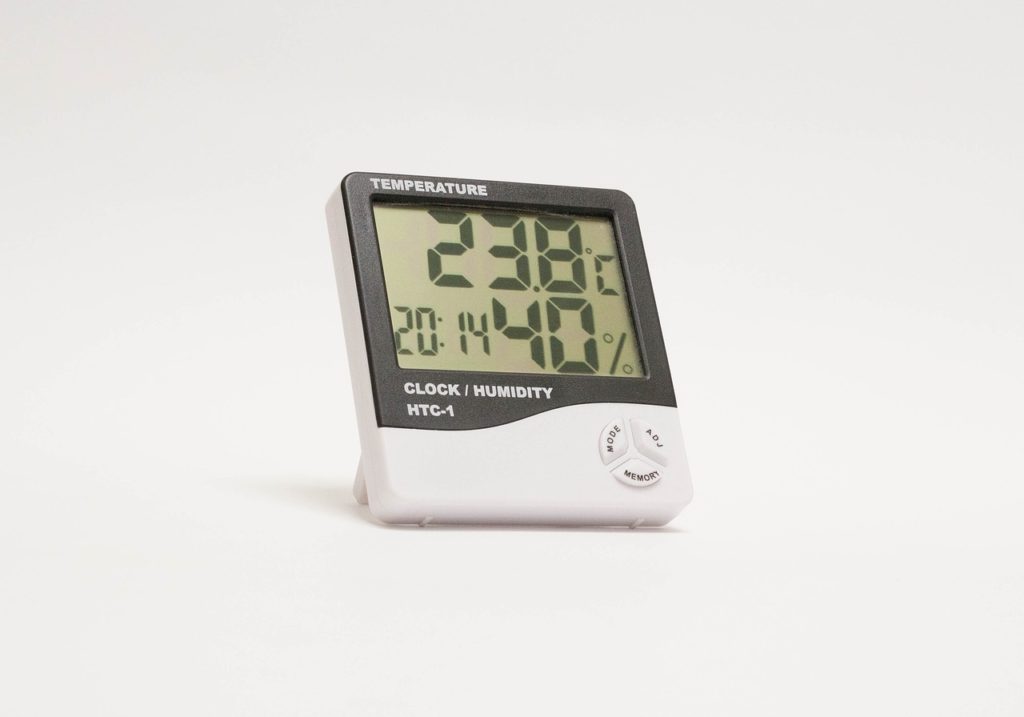
How Does Humidity Affect Your Health?
There are plenty of things outside of our control that affect our health in different ways. For example, cold weather, sick coworkers, and hot, humid summers. However, once we’re in our own homes, we’re more or less in control of our environment. Of course, the environment within the home can affect our health (and comfort) too, whether or not we’re aware of it. One of the most vastly overlooked things we can control (and rarely do) is humidity. So how does humidity affect your health?
Humidity doesn’t just affect the condition of our possessions and our home itself. It also determines how comfortable we are, and surprisingly, how healthy we are.
Effects of Low Humidity
You might notice when the weather turns cooler that you struggle more with dry skin, static, and more. While these can all be bothersome in their own right, there are other ways low humidity affects your health that you’re probably not aware of. So how does humidity affect your health when there’s hardly any of it at all?

Dry, itchy skin
This is one consequence of low humidity that most people are familiar with. Whether you’re inside or out, the winter air is often drier than in warmer seasons. When you’re surrounded by dry air, your skin begins to dry out both on the surface and the deeper layers. As a result, you might notice itchy skin, dry spots, flaking, and even cracking when your skin becomes seriously dry.
Low humidity also has more significant impact in areas where your skin is thinner and more delicate. Namely, your lips. It’s no revelation that most people experience some form of dry, chapped, lips that might result in flaking or cracking.
This might sound like a superficial, albeit uncomfortable problem. However, it actually puts your overall health at risk. We all know winter as ‘cold and flu season,’ and most people go to great lengths to avoid getting sick. Unfortunately, dry and cracked skin actually makes it easier for viruses and pathogens to get into your system.
Breathing and respiratory problems
One of the first things to affect your respiratory system in winter is low humidity. You’ll probably notice it’s harder to breathe through your nose, because your sinuses feel more dried out. This is due in part to low humidity, as well as cold air entering your nasal tract. There’s not much you can do to control these conditions outside, although you can monitor and regulate your humidity at home to ease the discomfort.
Another reason we think of winter as ‘cold and flu season’ is because it’s much easier to get sick. We mentioned that dry, cracked skin can contribute to this, but the air itself also makes it much easier for viruses to stick around. When sick people are coughing and sneezing around you, those tiny droplets don’t stick around for as long in low humidity. However, the viruses do stick around for significantly longer. This is because while the droplets carrying viruses dry out, the viruses can survive for a greater period of time in low humidity.
You might notice other conditions you don’t usually experience during warmer months, like more frequent bloody noses (from dried out nasal passages) and an itchy, uncomfortable throat. People that suffer from asthma and allergies might also notice their symptoms increase in severity.
Dry eyes
At some point in our lives, most people experience dry eyes. Unfortunately, like so many health conditions, dry eyes are far more common in winter when there’s low temperatures and humidity. Our eyes have a natural film of tears that not only keeps us comfortable, but also protects from outside microbes.
If that’s not enough, dry eyes can do more than make you uncomfortable. They can also affect your ability to work at your top efficiency. Because your ‘tear film’ dries out quickly in low humidity, your eyes can’t refresh themselves as they usually would. As a result, you’ll find yourself blinking more frequently. That might not seem like a big deal, but all in all, it does affect anything you need your eyes for at work. For example, reading the latest company documents, sending important emails, or even noticing details important to your job.
If you already spend a good portion of your day looking at a screen, dry eyes resulting from low humidity only exacerbate the problem.
Effects of High Humidity
You’re more likely to experience high humidity in warmer months. However, depending on where you live, and the weather conditions, you’ll experience more or less humidity. Much like low humidity, high humidity can have real impacts on your comfort, and your health. These aren’t anything less significant, but they do present their effects in different ways. Next, how does humidity affect your health when there’s way too much of it?

Breathing problems
Even if you don’t have allergies, you can experience something that feels similar in conditions with high humidity. This is actually called nonallergic rhinitis. Essentially, the high humidity causes your body to produce more mucus, which you’ll notice in your nose, sinuses, and throat. You might notice it’s harder to breathe (either through your nose, mouth, or both), with a runny nose and more sneezing and coughing than you usually would.
However, if you do have allergies or asthma already, chances are that high humidity will only increase your symptoms. For people with asthma, the combination of high humidity and heat often makes it harder to breathe because your airway resistance increases. When it’s harder to breathe, people with asthma are more likely to cough, wheeze, and even suffer attacks.
High humidity is also an invitation for numerous irritants to occupy your breathing space. It’s a common fact that humid environments help mold, fungi, and bacteria to grow, but they also help dust mites grow. All of these enter the air in your home, and irritate your breathing and allergies. As dust mites are a leading allergy, high humidity can affect nearly anyone with allergies.
Overheating and dehydration
Our bodies are naturally equipped to help us deal with high heat, and through sweating we can cool down. High humidity might make you feel like you’re constantly sticky and sweaty, but in reality, you’re not actually cooling down as you should. Yes, you’ll still sweat. However, the reason we sweat is because in the process of evaporation it cools us down. In an environment with high humidity, the sweat can’t evaporate and cool our bodies down like it should.
Not only that, high humidity makes even lower temperatures feel much hotter. Combining the hotter temperatures with excessive sweat (that also doesn’t evaporate to cool us down), ultimately results in loss of fluids and important resources that our bodies need. You can end up suffering from heat stroke, exhaustion, discomfort, and much more.
Skin conditions
Low humidity can cause ‘winter rash,’ which is basically dry, flaky, and itchy or irritated skin. However, high humidity conditions can cause just as much discomfort when it comes to your skin.
For most people, these skin problems show up as what we refer to as ‘heat rash.’ These rashes happen when you’re in hot, humid environments and your skin has sweat on it for extended periods of time. While it’s not a life threatening condition, it’s certainly not comfortable. It often appears reddish and inflamed, and itches or tingles. It’s caused by high heat and humidity clogging your sweat glands, ultimately causing the heat rash.

What Can You Do When Humidity Affects Your Health?
The effects of both high and low humidity affect not only our comfort, but also our health. So what can you do to ease the strain? When you’re outside, or in any environment you can’t control, you’ll have to take other measures to protect yourself. In high humidity, you have to ensure you drink plenty of water and regulate the time you spend outdoors. Rinsing your skin once indoors can also help reduce discomfort. If you suffer from asthma or allergies, take the proper measures to reduce your symptoms.
Indoors, a de-humidifier can help reduce humidity and reduce the likelihood of discomfort. Not only that, it can help slow the growth of molds, mildew, and other irritants. Whether you’re at home or in the office, a small de-humidifier can help you manage your environment.
In low humidity, you can take measures to increase your own comfort and reduce ill health effects. When outdoors, cover up and use moisturizers to ease dried out, itchy skin. Much like with high humidity, there are tools you can use to increase your comfort indoors. In this case, a humidifier can add the moisture in the air you need to avoid side effects from low humidity.
Monitoring humidity is one key way to regulate your environment, and stay healthy and comfortable. Weather services often provide information about local humidity, although you can monitor humidity for yourself within your home. According to the Mayo Clinic, the ideal relative humidity (RH) indoors is between 30 and 50%.
A hygrometer measures relative humidity within the air, and can help you assess the humidity within your home. Once humidity levels fall out of your comfort range, you can use either a humidifier or de-humidifier to correct it.